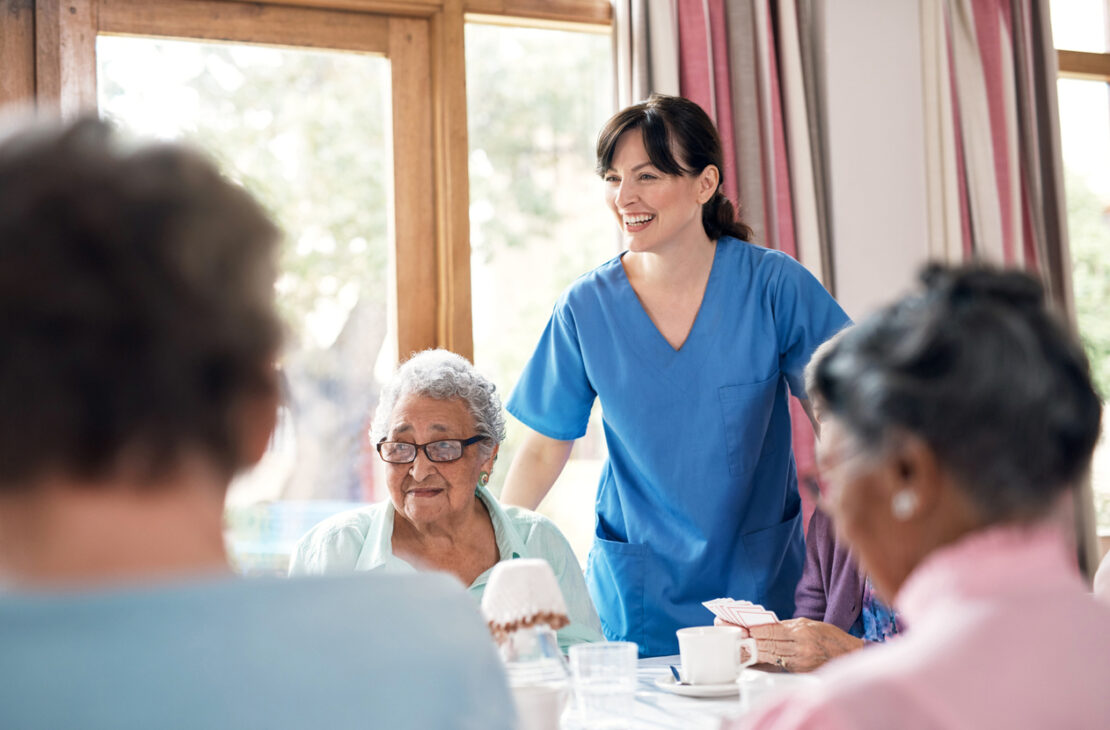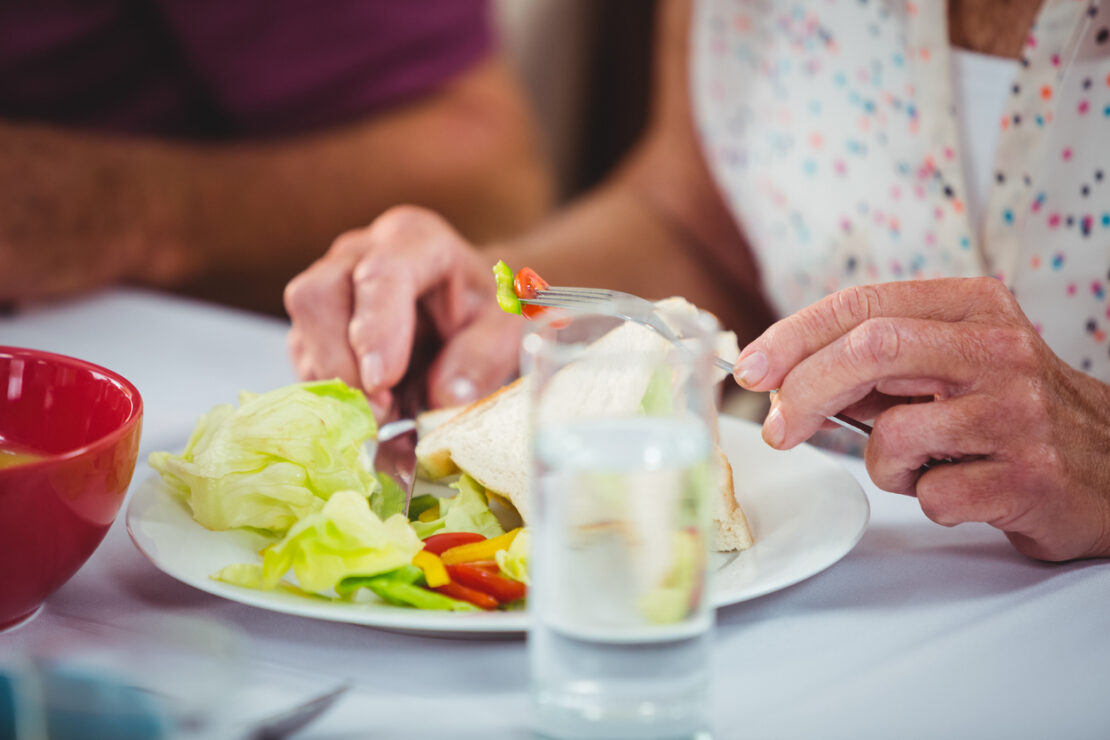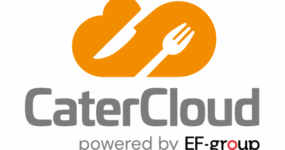It can be difficult in many care homes for staff to ensure that their residents are eating and drinking properly, and this can be due to many reasons such as poor appetite or poor health. These residents should be monitored closely to ensure that their intake of food and drink is suitable and that any concerns can be raised quickly. In this blog, we’re offering our advice on the best practices care facilities can take to improve hydration and nutrition amongst residents.
Recommended intake of fluid and nutrients in the elderly
Particularly for older individuals, it can be difficult to make sure hydration and nutrition levels are where they should be. But as tricky as this might be, it’s a significant part of your role as a healthcare facility.
Under Regulation 14 of the Health and Social Care Act 2008, healthcare providers must ensure that those in their care have enough food and drink to meet their nutrition and hydration needs. They must also provide whatever support is needed to achieve this.
For those in care, it’s recommended that they receive 6-8 cups of non-sugary fluids. The amount of food will depend on factors such as height and weight, but as a general rule, residents should be given 2 meals containing various nutrients.
Importance of hydration and nutrition
Keeping residents in care properly hydrated and ensuring they receive enough nutrition from their meals are crucial but basic parts of your duty of care. So, why are hydration and nutrition so important and what could happen if this duty isn’t fulfilled?
Reduce major health issues

A balanced, nutrition-rich diet and good hydration are necessary for the body’s daily functions and can help reduce the likelihood of developing health conditions such as diabetes, heart disease and cancer.
Keep a healthy weight
If residents drink enough fluid throughout the day and receive a balanced, healthy diet alongside this, they should be able to maintain a healthy weight. However, if residents become underweight, this can be especially serious for older people as it increases the risk of health problems and weakens the immune system. They may be left more susceptible to infections and have an increased risk of key nutrient deficiencies such as vitamins and minerals.
Improve mental health
Poor nutrition and hydration can lower your mood, and in some cases, it can lead to mental health issues such as anxiety and depression. By making sure that each resident is receiving enough nutrition in their meals and drinking plenty of water throughout the day, you can help improve mental health and possibly prevent these mental health conditions from developing.
Malnutrition and dehydration symptoms
Symptoms to look out for that could indicate dehydration in a resident could include:
- Feeling thirsty
- Dark yellow, stronger-smelling pee
- Peeing less frequently than usual
- Feeling dizzy / lightheaded
- Feeling tired
- A dry mouth, lips and tongue
- Sunken eyes
It’s also worth noting that dehydration can happen more easily for those who:
- Are diabetic
- Have been sick / have diarrhoea
- Are experiencing heatstroke / have been in the sun too long
- Have drunk excessive alcohol
- Sweat excessively
- Take diuretics (medicines that make you pee more)
Meanwhile, signs that a resident is experiencing malnutrition could include:
- Reduced appetite
- Feeling weaker / tired
- Lower mood
- Feeling cold
- Poor concentration
6 ways to encourage healthy eating and drinking habits in care
While it can be easy to make plans for healthy eating and drinking, encouraging the residents in your care to adopt these good habits can be tricky. Here, we’re sharing a few ways you can try to push things in the right direction.

1. Regular menu rotation
Although stability and predictability can be good for some residents, others might become bored if they’re offered the same food options over and over. We recommend introducing a regular menu rotation every couple of weeks while keeping one or two consistent options available. This way, you can create a varied offering that caters for more of your residents’ preferences which will hopefully improve meal uptake.
2. Create hydration stations & offer water at regular intervals
It seems simple, but having as many opportunities as possible for residents to drink water can be a game-changer. Whether you create self-service areas in dining and lounge areas or make sure your staff are regularly offering water to residents in their rooms, the more accessible it is, the less likely your residents are to be dehydrated.
3. Portion control
Portion sizes can play a big role in whether meals seem manageable for residents. If the portions are too large, they might become overwhelmed by their food and drink. Your approach should be adjusted accordingly for each resident so that this doesn’t happen, and they feel like they can easily finish their meal along with the drink provided.
4. Make mealtimes a social experience
Keeping residents apart during mealtimes can leave them feeling isolated and lonely which can significantly lower their appetites and thirst levels. If possible, you should try to bring residents together at mealtimes so that they can mingle. A more enjoyable mealtime atmosphere can distract residents from a lack of appetite and can encourage them to eat more than they normally would. Talking can even help them feel thirsty and make them more likely to drink more water.
5. Support residents with loss of appetite
If residents appear to be struggling with loss of appetite which is preventing them from getting enough fluid or nutrients, you should try to support them. Whether they’re having trouble adjusting to new meal times or they’re feeling isolated, there are a few ways you can help boost their appetites again, including providing smaller meals and mixing mealtimes with socialisation.
6. Use technology
Technology can help improve hydration and nutrition tracking for each resident without adding extra strain on your staff. Menu management technology in particular is a great tool that allows your team to input meals and work out the nutrition value. The easier it is to monitor, the more you’ll know about hydration and nutrition levels among residents.
At EF-group, we believe that technology is a powerful tool that can support care facilities with their everyday practices. CaterCloud is our cloud-powered menu management solution offering all the relevant nutritional and allergen information for each of your recipes. Chefs can use this information to ensure that each resident is receiving suitable meals and hydration that suit their dietary requirements and preferences. To learn more about us and our technology solutions, head to our website.


